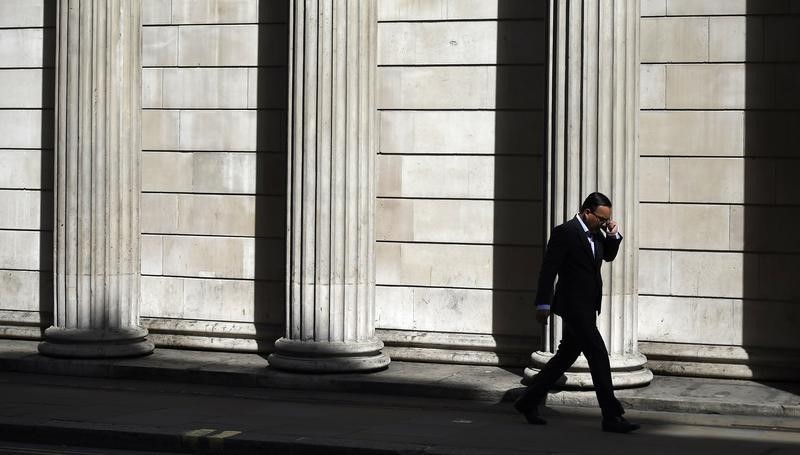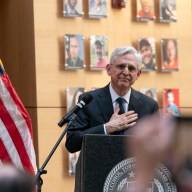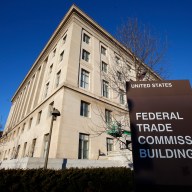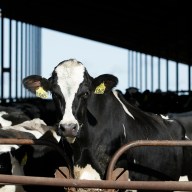By David Milliken
LONDON (Reuters) – Bank of England policymaker Martin Weale said on Monday he was unsure whether he would back an interest rate cut at next month’s BoE meeting, in contrast to most of his colleagues who think stimulus is likely after Britain voted to leave the EU. Weale – who will step down after the August meeting – did not see panic among consumers or businesses after the June 23 Brexit vote and said the central bank should not be afraid of disappointing markets. “The Old Lady of Threadneedle Street is not a nurse to markets. People who trade in markets know that the Monetary Policy Committee sets policy month by month in the way that its members think appropriate,” Weale said. “A second argument to which I give little weight is the argument that early action is needed to reassure people. In contrast to the experience of 2008, I do not have any sense that either consumers or businesses are panic-struck,” he added in a speech at the Resolution Foundation think tank. Sterling gained against the dollar after Weale’s comments, as it did on Thursday after the BoE held interest rates at 0.5 percent on Thursday, contrary to widespread expectations of a first cut in more than seven years. Governor Mark Carney said two weeks ago that he expected the BoE to give the economy more help over the summer, but only one policymaker, Gertjan Vlieghe, backed a rate cut this month.
But minutes of July’s decision showed most MPC members expected to approve a package of measures to boost the economy in August, and BoE chief economist Andy Haldane on Friday said he would not be afraid to use “a sledgehammer to crack a nut”. Weale said that, for him, the decision was much more finely balanced, as the scale of the short-term hit to demand from leaving the EU was unclear.
“This uncertainty points to the argument that we should wait for firmer evidence before making any policy change,” he said.
“For there to be a case for easing policy I will need to expect weakness in output to be large enough more than to compensate for any overshoot in inflation,” he added.
In theory, there was a case for cutting rates in the short-term, before raising them as the inflation impact of sterling’s sharp decline fed through, he said.
But arguably this represented too much fine-tuning, at a time when weak productivity and rising wages risked pushing up employers’ costs, he added.
(Reporting by David Milliken, editing by Giles Elgood and Douglas Busvine)
Bank of England’s Weale sees little urgency to cut interest rates

By David Milliken
















